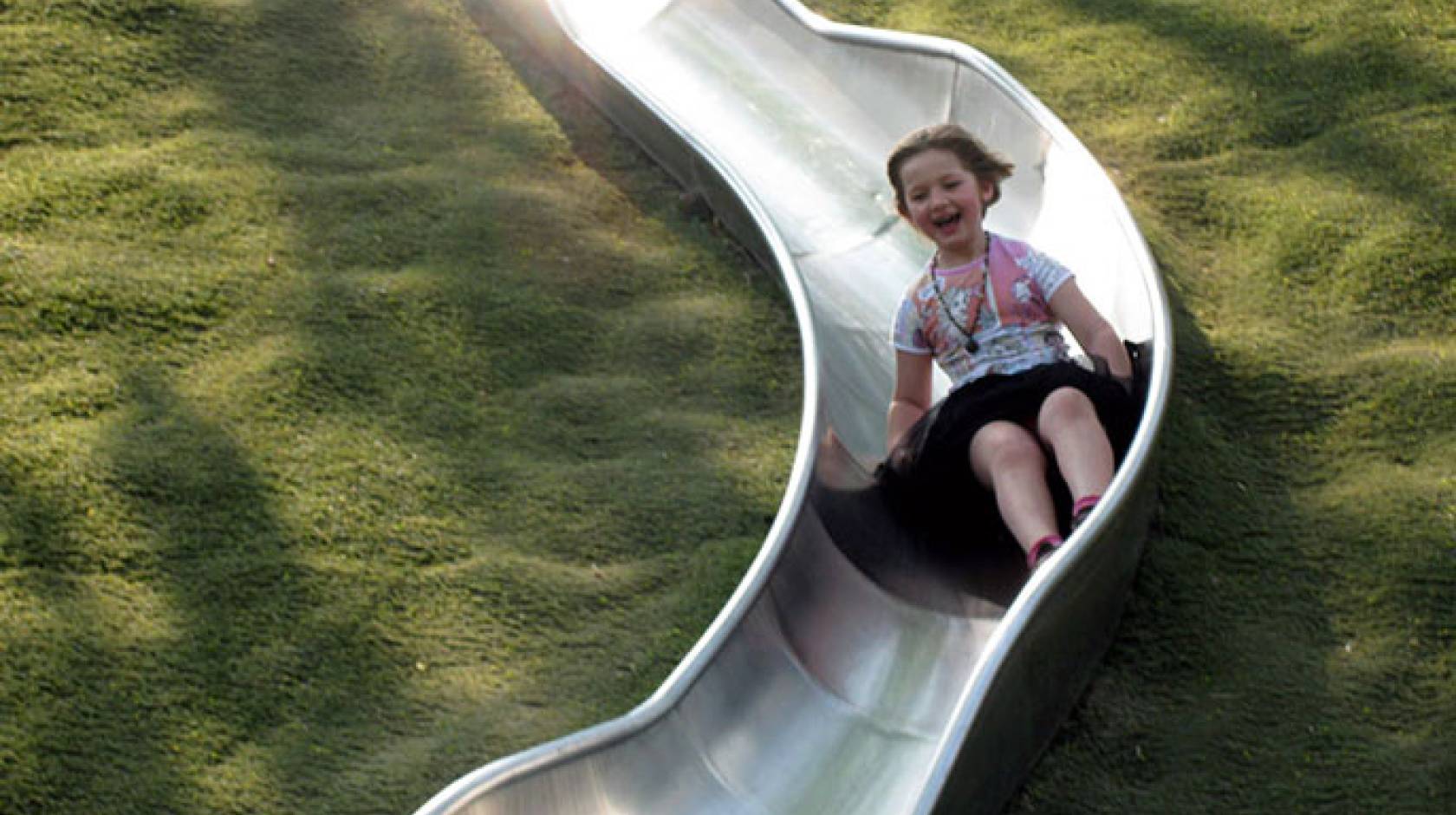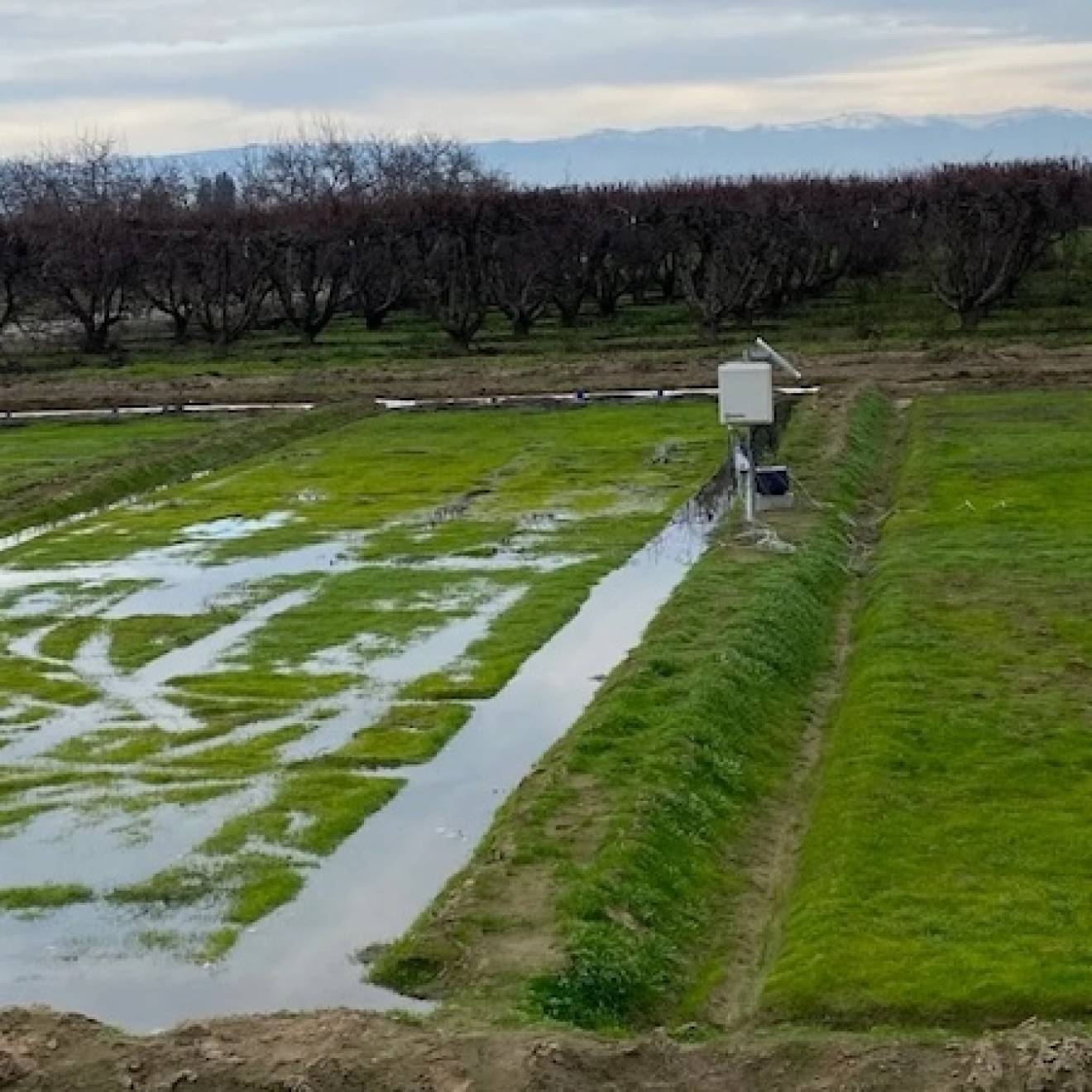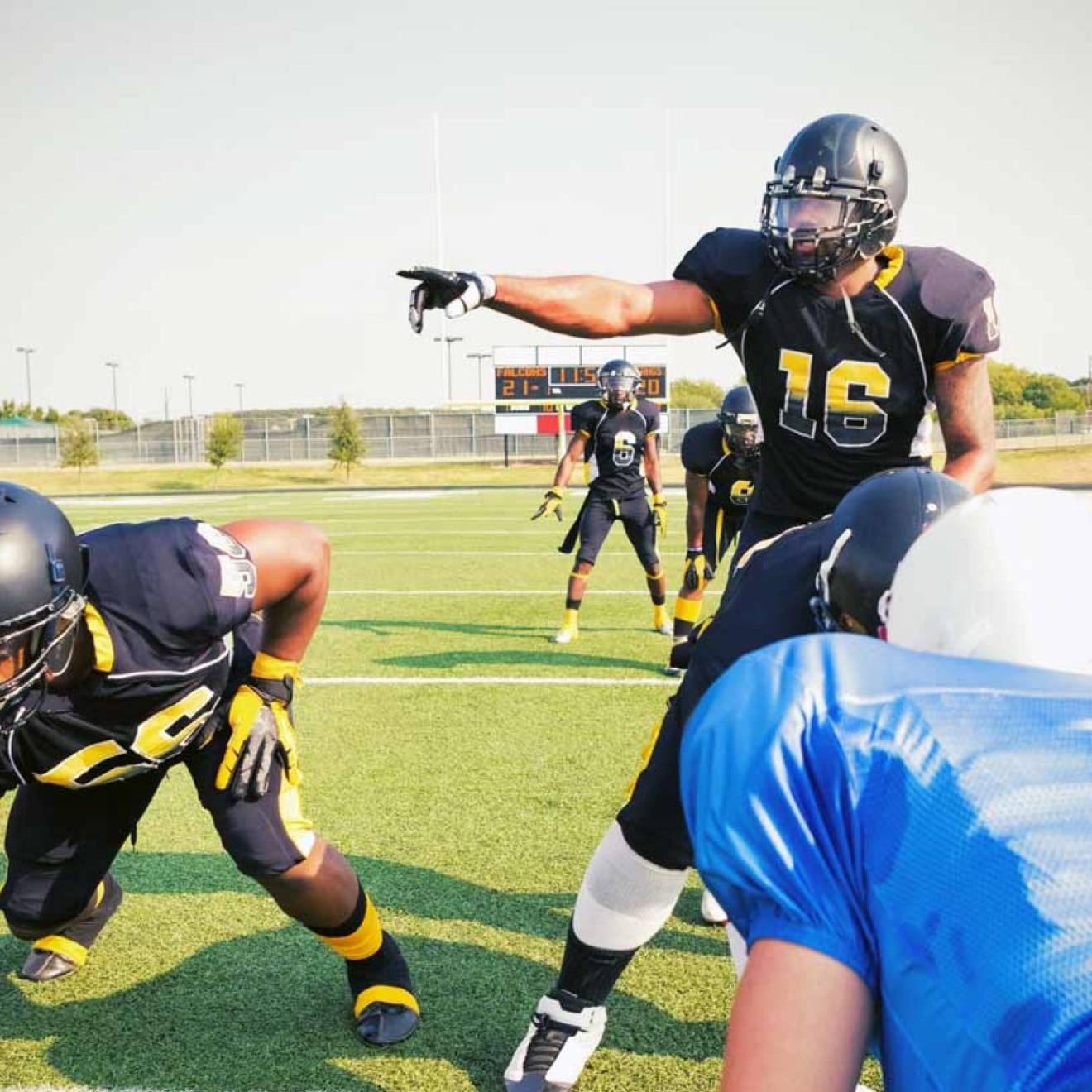Anne Brice, UC Berkeley

Growing up in the U.S. isn’t what it used to be. The idea of childhood — what it means to be a kid — has been reinvented time and time again.
Paula Fass, a professor of history emerita at UC Berkeley and an expert on the history of childhood, spoke with Innovation Hub about her new book, The End of American Childhood. In her book, Fass says that 19th century kids living in pre-industrial America were taught to be responsible and independent — something that she says has set the U.S. apart from other places in the world.
“The way we raise our children is part of who we are as a country,” she said in the interview. “I think today, one of the things we’re struggling with is how to maintain that emphasis on independence and to encourage creativity and resourcefulness at a time when more and more parents are trying to micromanage their children.”

Credit: UC Berkeley
Fass acknowledges that kids are growing up in a different time, in which the Internet and growing power of social media add new challenges to parenting. But she says it’s important for parents to adapt without becoming too overprotective.
“Every generation has to learn how they are going to deal with those things and not go to extremes,” she says. “Our children are better fed, educated and safer than ever before. The fears that parents have, although real, are intensely exaggerated.”
The over-managed child, Fass says, can potentially be less resourceful as adults.
“As a historian, I am hopeful that the emphasis on independence and creativity that’s been so deeply part of the American way of childrearing will not entirely be lost.”
Paula Fass, who has taught at UC Berkeley since 1974, is Margaret Byrne Professor Emerita and a professor at the Graduate School. She is the author of "The End of American Childhood," "Inheriting the Holocaust: A Second Generation Memoir" and "Kidnapped: Childhood Abduction in America." She recently edited "Childhood in the Western World' and 'Reinventing Childhood After WWII."
Top photo by Radka Hlisnikovska

